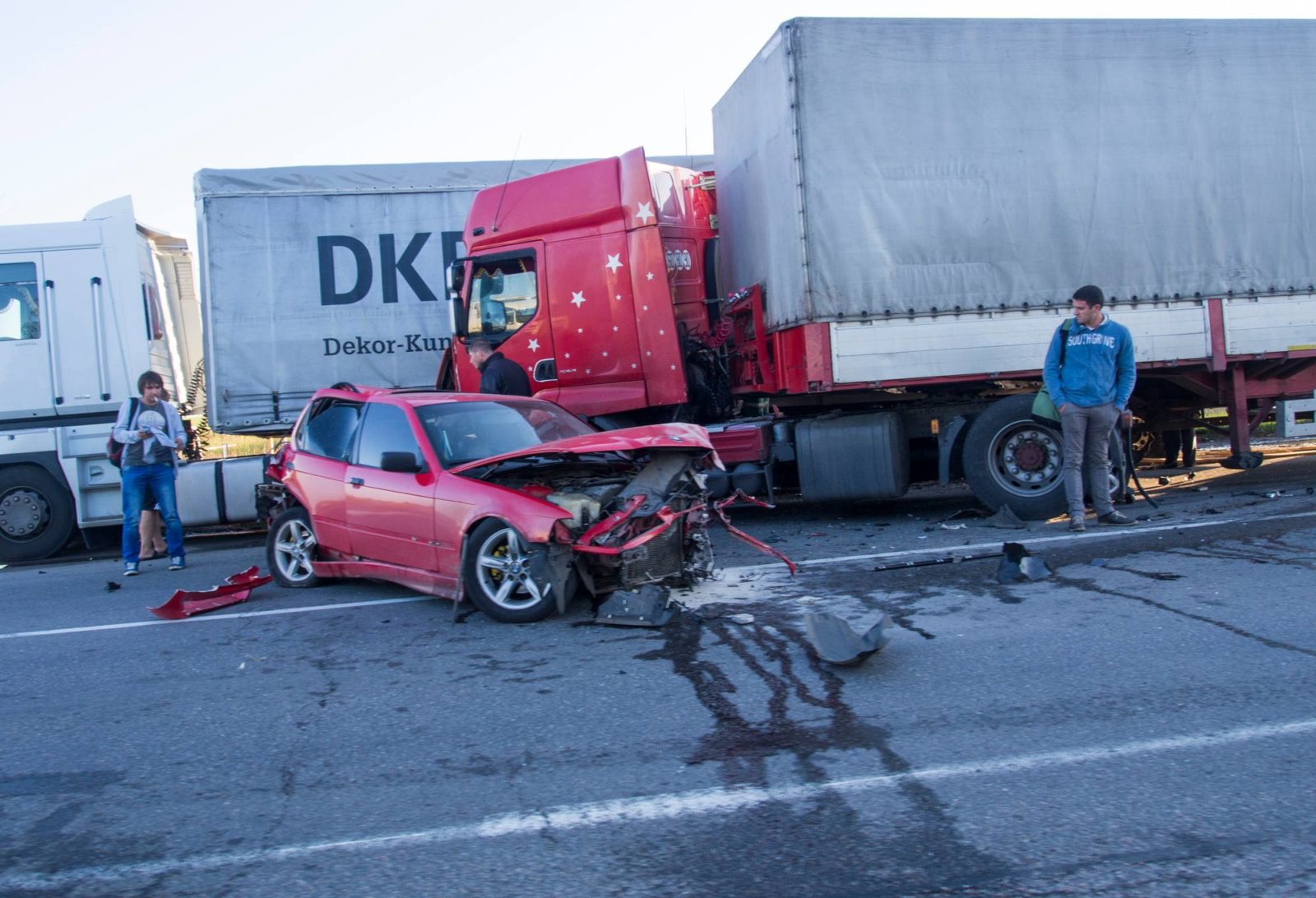Has you car been totaled after being in a accident? Well being paid the value of your car after its been involved in an accident can be a hellish nightmare to experience. Your insurance company is supposed to pay you for the value of the car that has been totaled, to be more accurate, the insurance company pays you what the insurance company claims the value to be.
But how do they come up with the value the insurance company is claiming the value to be?
Almost everyone that has been down this path can say that the most nerve wrecking parts is having to accept the auto insurance company’s assessment of your car’s value. It’s safe to say that the estimate will come in lower than what you expected, and the amount that you receive will not be enough to purchase a replacement that is up to par with your vehicle that has been totaled. A lot of times the amount they insurance companies offer isn’t even enough to cover what is still owed on the car.
The general public is typically unfamiliar with the methodology that is used by the insurance companies to value cars. The methods used for valuation are primarily known by those who need to know (pretty much the people that work for the insurance companies). That information is based on relying on abstract data, the specifics of which they are pretty careful no to reveal. Which makes it difficult for the consumer to even challenge the low ball offer that the insurance company gives you.
Having basic knowledge on how the insurance companies determine the value of cars and the terminology they use can help bring you negotiate from a stronger position.
THE TAKEAWAYS
- The car insurance payout is typically determined by the value of your car before the accident happened
- A standard insurance policy will not pay you the cost of a new equivalent model
- It also does not guarantee that you’ll get a payment equal to the amount you still owe on your car (if you still owe)
- Having replacement insurance and gap insurance can help you deal with the above mentioned hazards but are pricey additions
To Understand the Insurance Companies Claims Valuations
When reporting a car accident to your insurance company, the company then sends an adjuster to look at the damage. Deciding if the vehicle is totaled or not is usually the first order of business.
Even if a car can be fixed the insurance companies may still consider the car totaled. Insurance companies decide to total a car if the cost to repair it is higher than a certain percentage of its value, which is usually somewhere from 51% to 80%. Some states may have different percentages: Alabama, for example, sets it at 75%.
Assuming that the vehicle is totaled, the adjuster will then conduct an appraisal and determines a value of the vehicle. When determining the value, the damage from the accident is not taken in to account when conducting the appraisal. The adjuster looks to estimate is what a reasonable cash offer for the vehicle would be if the accident never took place.
Then, the insurance company gets a third-party appraiser to do its own estimate on your car. Getting a third party appraiser is done to minimize any appearance of impropriety or underhandedness and to subject the vehicle to a different valuation methodology. Once this is done, the insurance company will considers its own appraisal and the third party’s when making you an offer.
You can probably get your own third party appraiser if you choose to disagree with you insurance company’s valuation, but you might need the permission of you insurer.
CASH VS. REPLACEMENT
The difference between the insurance company’s value, and the amount it actually costs to purchase a new car can by huge. The insurance company will base its offer on actual cash value (ACV). This is the amount that the insurance company determines that another person someone would’ve paid for the car if the accident never happened.
Actual cash value will take into consideration certain factors like depreciation, normal wear and tear, mechanical issues, any cosmetic problems, and the supply and demand in your area. A good example is, State Farm will reference its car value on: “We base your vehicle’s value on its year, make, model, mileage, overall condition, and major options—minus your deductible and applicable state taxes and fees.”
The Problem With Depreciation
Even if you bought your car brand new and barely drove it for a year before the accident happened. The ACV will be a lot lower than what you paid. Just by driving your new car off the lot lowers the value by as much as 10%, and the value will continue to lower to 20% by the end of the first year.
Of course, the insurance company will ding you everything they can from the miles on the car to the stains that can be found on the upholstery during that year.
The ACV offer amount is for sure going to the be less that the cost of replacement. Which is the amount it would cost you to buy a new car that is similar to the one that was wrecked. That is unless you want to supplement the insurance company’s payment with your own money, it’s likely that your next car will be a step down from your old car.
Replacement Cost
The answer to this issue is to buy car insurance that will pay for the replacement cost.
This policy will use the same method to total a car but, after it’s totaled, it will pay you the current market price for a new car that is the same as you wrecked.
Keep in mind that the monthly premiums for replacement cost insurance can be a lot higher that a normal car insurance policy.
Totaling your car soon after you buy it could leave you with negative equity in the car, and that depends on your financing deal. What that means is that the amount the insurance company pays you could be less that what you owe on the vehicle.
The Valuation Falling Short
Not only have you just been in a wreck, but with the car being new, the amount the insurance company may offer for your totaled car may not be enough to cover what you on your now totaled car.
This typically happens if you get into a wreck after you buy a new car. The new car takes its biggest hit as far as value the moment you even drive it off the car lot. So if you get in an accident usually within the first year of owning a car, it’s likely that the payoff will be less than what you owe on your car.
This is more likely to happen if you took advantage of any special financing offers that minimize or take away any down payments. Even though these programs are designed to keep you from having to pay a large chunk of cash up front when you buy a new car, it almost guarantees that you are driving off with negative equity.
When the check that you get for you car from the insurance company can’t pay off your car loan fully, the remaining amount is called Deficiency balance. This is known as unsecured debt, the collateral that secured it is now destroyed, which means that the lender can be aggressive when it comes to collecting the owed debt. Which could include a civil judgement against you to pay what you owe.
Gap Insurance
Just like the replacement cost issue, this problem also an answer to it. What you can do is add what they call gap insurance to your insurance policy to make sure that you never have to deal with a remaining balance that you owe on a totaled car.
The additional coverage pays the cash value of your that is determined by the insurance company and it also pays for any balance deficiency that is left over after you pay your loan.



